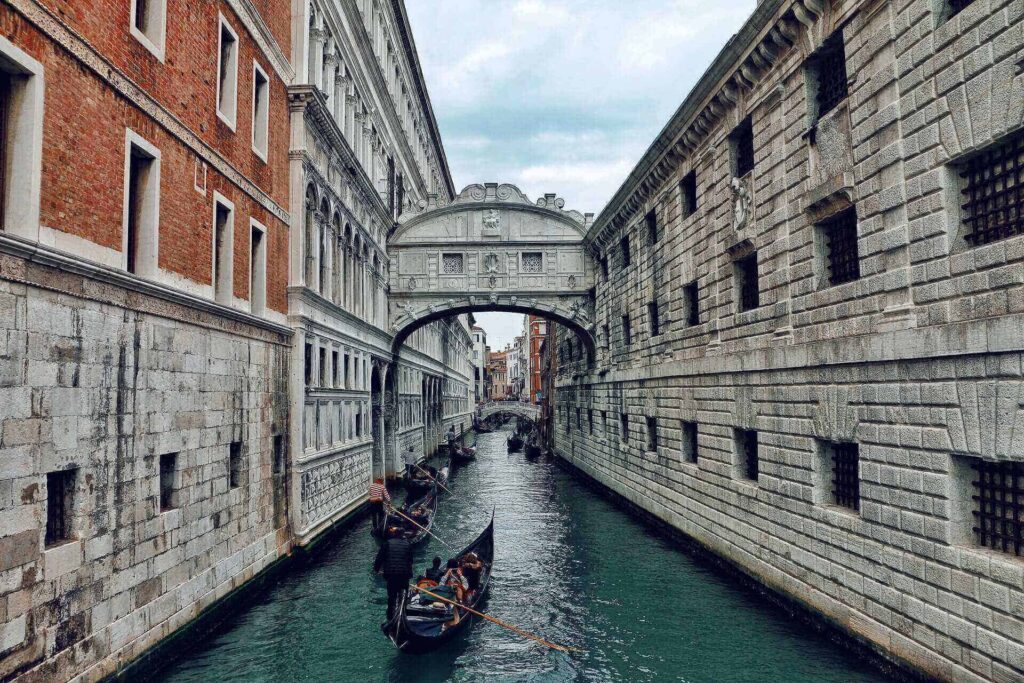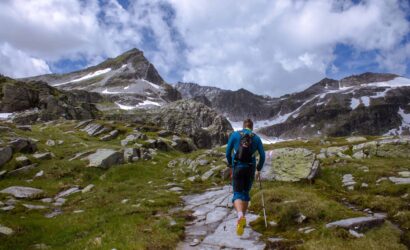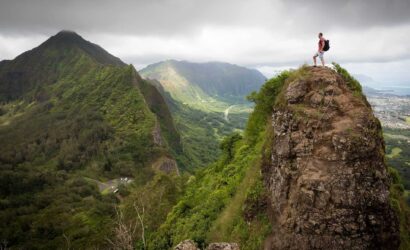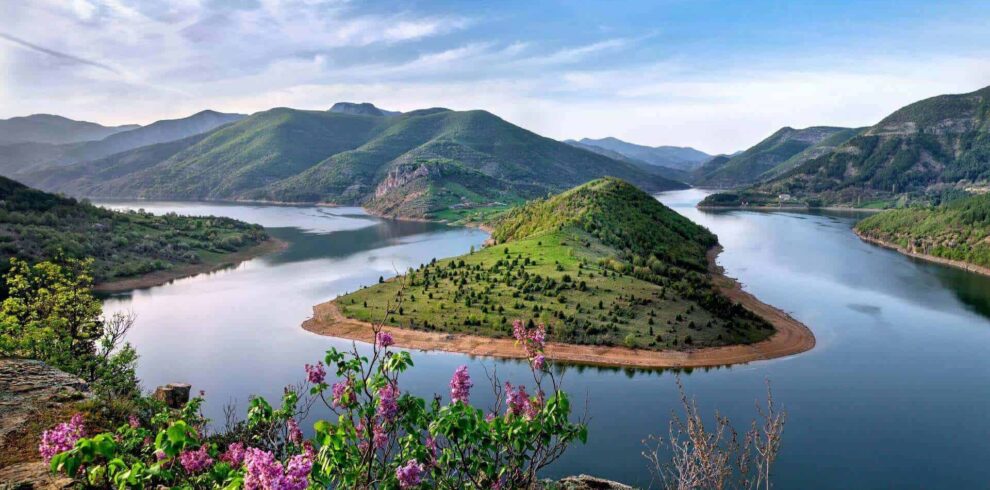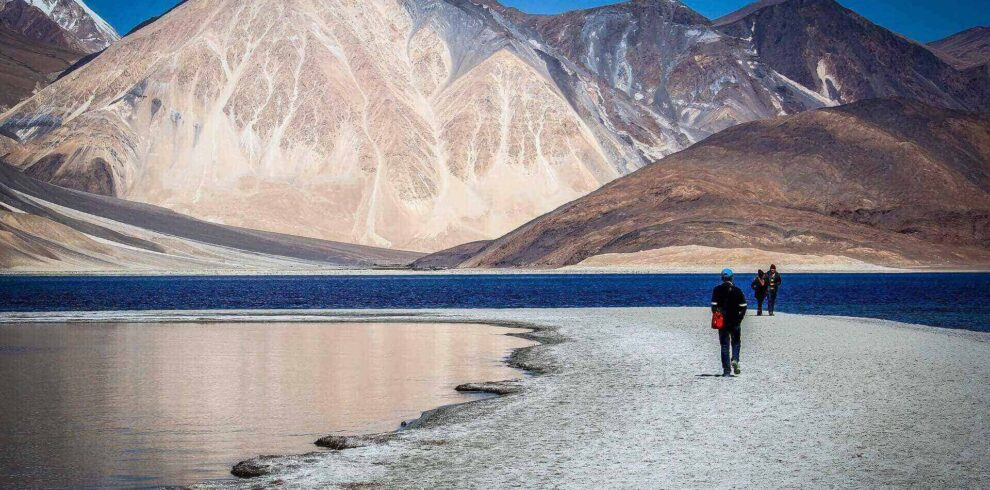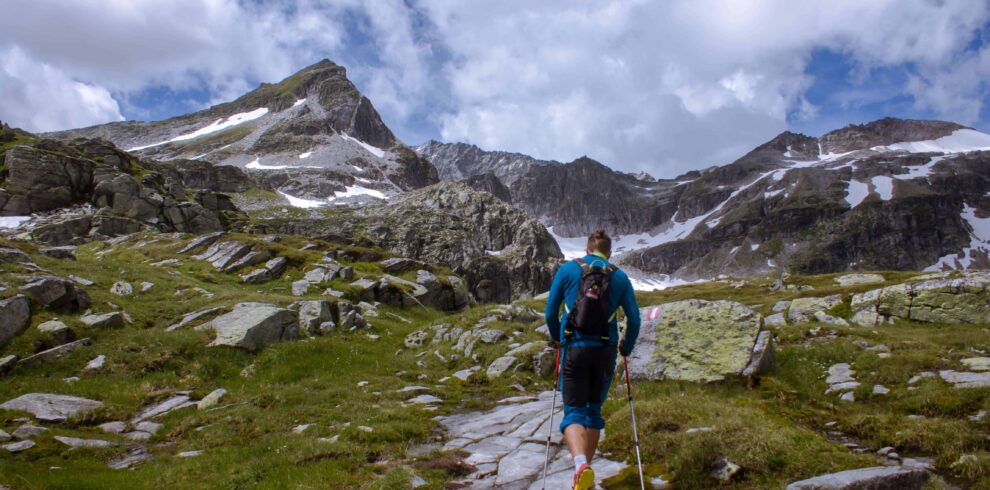來自博克拉(Pokhara)的3天驚人的甘德魯克(Ghandruk),波塔納迷航(Pothana Trek)是甘德魯克安納布爾納峰地區的熱門目的地之一。美麗的甘德魯克(Ghandruk)村莊位於尼泊爾西部,居住在古隆(Gurung)社區。可以從Ghandruk看到安納布爾納峰上喜馬拉雅山的壯觀全景,例如南部的安納布爾納峰,加納加普爾納,安納布爾納峰ll,Hiunchuli和Machhapuchrre。村子裡還有一個古老的古隆博物館。對於希望在博卡拉附近的短途徒步旅行,徒步路線輕鬆且沒有困難的上升/下降的任何人來說,跋涉是理想的選擇。 Ghandruk是尼泊爾中北部甘達基地區kaski地區的城鎮和鄉村發展委員會。該村莊是著名的廓爾喀士兵的主要招募中心,並且是安納布爾納峰保護區項目的樞紐,該項目促進了許多不同的生態項目。
Overview
Travel is the movement of people between relatively distant geographical locations, and can involve travel by foot, bicycle, automobile, train, boat, bus, airplane, or other means, with or without luggage, and can be one way or round trip. Travel can also include relatively short stays between successive movements.
The origin of the word “travel” is most likely lost to history. The term “travel” may originate from the Old French word travail, which means ‘work’. According to the Merriam Webster dictionary, the first known use of the word travel was in the 14th century.
It also states that the word comes from Middle English travailen, travelen (which means to torment, labor, strive, journey) and earlier from Old French travailler (which means to work strenuously, toil). In English we still occasionally use the words “travail”, which means struggle. According to Simon Winchester in his book The Best Travelers’ Tales (2004), the words “travel” and “travail” both share an even more ancient root: a Roman instrument of torture called the tripalium (in Latin it means “three stakes”, as in to impale).



